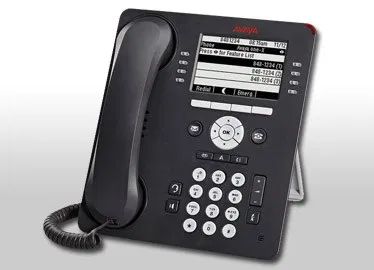
What are the Best Business Communication Systems?
What are the Best Business Communication Systems?
There are many ways businesses communicate. E-mail, telephone systems and written communications comprise the more traditional means of business communication, however, these are quickly becoming overshadowed by digital systems with more features. Today a host of digital communication systems are available for your business, whether you are a small team or a large multi-national corporation. Since communications are an essential part of running and maintaining your business, choosing the right system makes it easier for your business to thrive and grow.
What do you Need to Look For When Researching Business Communication Systems?
Start by clearly identifying what your present communication needs are. For example consider employee communications, conferencing (web, audio, video), instant messaging, social media, etc. A simple way to do this is to write a list of people, suppliers, vendors and clients your business interacts with, the different ways you currently communicate with people or entities on your list and how you would like to connect with them in future.
Having a vision of what you want a communication system to accomplish for your business now and in the future is most important. This will make sure you don’t spend money on features you’ll never use, or skimp on something you later wish you had.
Keep in mind these three important considerations:
- How many employees do you need to cater for?
- What features benefit your business the most?
- How much you are willing to invest?
Getting with the Times
In the past PABX telephone systems were the best way to manage instantaneous communications between employees, clients, and customers. Today VoIP solutions (Voice over Internet Protocol) and Instant Messaging tools, such as Skype for Business, give businesses more dynamic features for less cost.

VoIP is an ideal solution for small businesses. A VoIP communication system works just like your traditional PABX phone system but with these added advantages.
- VoIP systems typically cost less to install and run than more traditional business phone services.
- VoIP systems can be totally Cloud-based, keeping initial cost outlay to a minimum.
- VoIP typically has lower overhead and call costs.
- VoIP supports smarter tools for users such as smartphone apps or Outlook integration.
- Collaborative tools and in-built analytics make administration of a VoIP solution easy.
For Cloud-based VoIP solutions you simply pay for the services you use, and the cost of installing and maintaining hardware is covered by your Provider. Significantly cheaper, easier to set up and maintain and more flexible than traditional PABX systems, Cloud-based communication systems are undoubtedly the best solution for small businesses.

Instant Messaging is another new communications platform that is especially suitable for businesses with a distributed work force and/or significant internal communications. In many cases Instant Messaging platforms augment and integrate with VoIP phone systems. For example, Skype for Business allows for instant typed communication with users inside or outside your organisation. It also supports voice calls, video conferencing, hosted virtual meeting rooms and desktop sharing.
VoIP and Skype for Business give small businesses dynamic, scalable communication solutions at affordable prices. Cloud-based communication systems give your business the freedom to grow and change without continued investments. itro provides and manages various Cloud-based solutions for small to medium businesses. If you would like more help in understanding how to assess the right business communications system for your business please give itro a call now.

